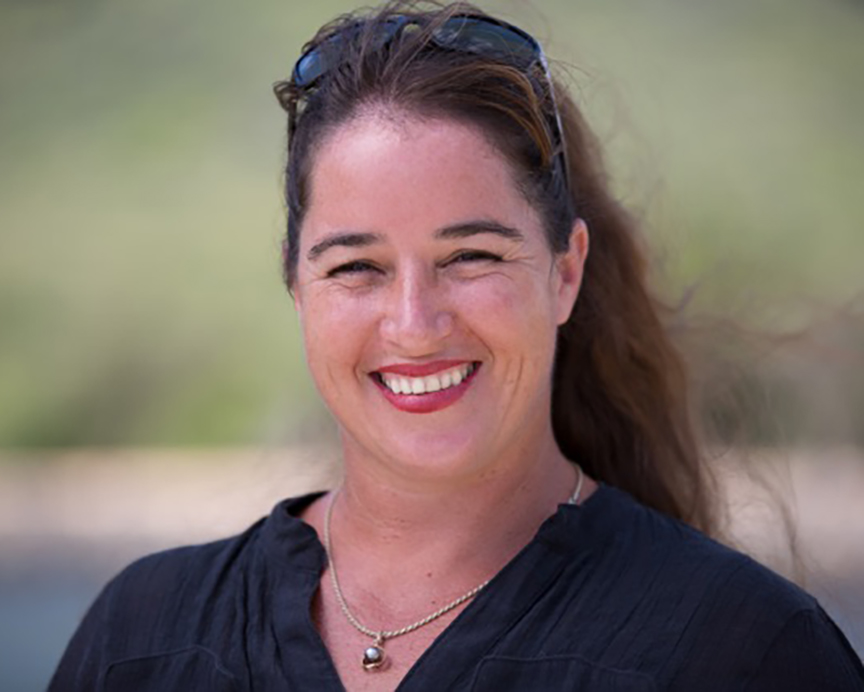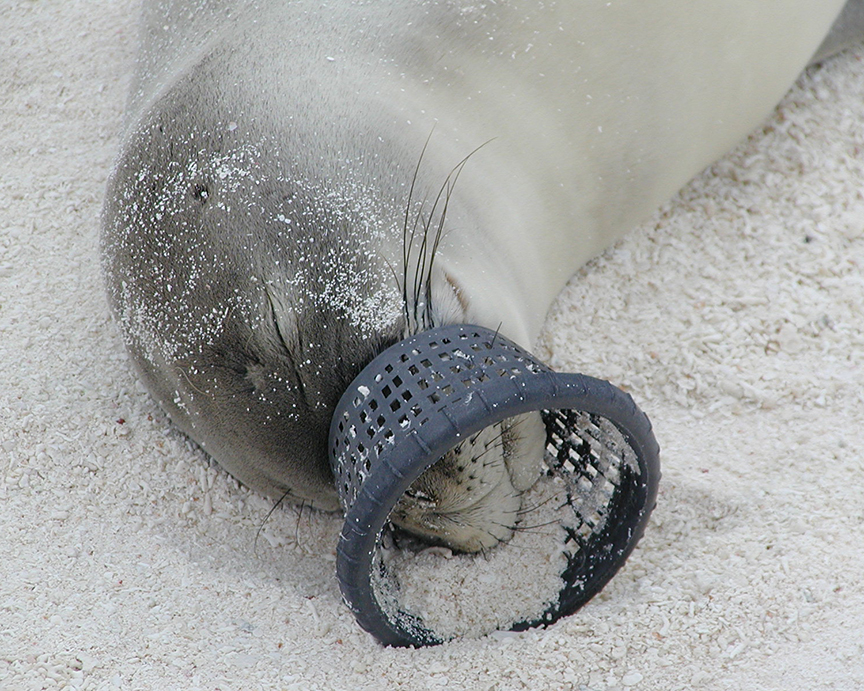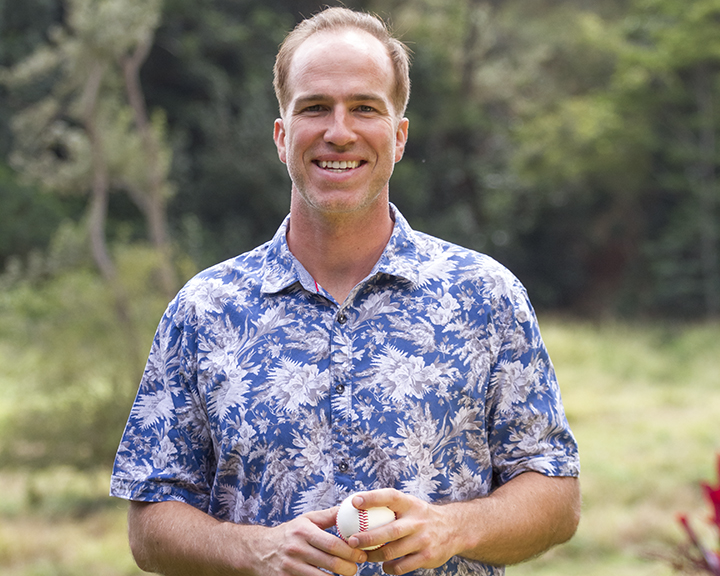by Kathy Conery
In many ways, this island we call home is on the forefront of environmental and social change.
“In terms of public health, it appears today that nothing is more important than the health and wellbeing of pregnant women,” said Michel Odent.
Odent is a French obstetrician who has been influencing childbirth and health for several decades, achieving excellent results with low rates of intervention. He spoke at last year’s Mid-Pacific Conference on Birth and Primal Health Research in Honolulu.
December 13 and 14, Suzanne Arms, director of Birthing the Future, internationally acclaimed speaker, as well as author and film maker, will speak at Kauai’s first conference devoted to childbirth and the implications of the primal period.
“We develop our nervous system, brain, heart and digestion in our mother’s womb, according to her emotional and physical health, her diet and her level of stress and happiness,” writes Arms on her website.
In the 1980s, the concept of primal health was born: That our experiences in utero and during birth could dramatically shape the rest of our lives. In the 90s, the fetal origins of disease hypothesis was created, and in 2010 was on the front of Time magazine, begging the question of how the first nine months shape the rest of your life. Cancer. Heart disease. Obesity. Depression. The new science of fetal origins traces adult health to our experience in the womb.
So what does all the science tell us? The food you eat when pregnant, the toxins you are exposed to, and how stressed you are, all can affect your child throughout their life. Rather than stressing us even more with the weight of this discovery, think of it this way: While pregnant, you have the power to decrease your child’s chances of chronic diseases, such as heart disease, diabetes and cancer. A pregnant woman’s high blood sugar levels can affect a fetus’s developing metabolism. By eating a balanced diet, a pregnant woman can actually lower the risk of diabetes for her child later in life.
Animal research has shown that eating cruciferous vegetables like broccoli, cauliflower and cabbage in pregnancy is significantly cancer-protective for offspring all the way through middle age. Even if they didn’t continue eating it themselves.
Although there are cases when interventions during labor are necessary, many women have lost confidence in their ability to have a natural childbirth. We also tend to think of pain medications and other interventions as normal because they are so routinely used.
A study that came out this year revealed an association between the use of pitocin, which is commonly used to induce labor, and an increased risk for lower Apgar scores. The Apgar score, the very first test given to a newborn, occurs in the delivery or birthing room right after a baby’s birth, according to kidshealth.org. The test was designed to quickly evaluate a newborn’s physical condition and to determine any immediate need for extra medical or emergency care.
Passage through the birth canal positively affects the baby’s respiratory and cardiovascular system, as well as exposing them to bacteria that can protect the immune system through to adulthood. Not only is a cesarian section a major abdominal surgery with inherent risks, but it is also robs the infant of these protective benefits.
Of course, when interventions are medically necessary, they are life saving and critical to our health care system. But for the majority of births that are low risk, by declining interventions and knowing that women’s bodies were made to give birth, we can have a major impact on ourselves and future generations by giving them every opportunity for optimal health.
Beyond the science of cruciferous vegetables and bacteria in the birth canal is the spiritual aspect of birth. There is an unmistakeable difference for everyone involved between a gentle natural birth, free from medication, and one that is monitored and medicated. In my experience as a doula, I have attended births in a community hospital in Brooklyn, as well as in a tub on a lanai near the Makaleha mountains in Kapahi. It is with the absolute shock of the former, and the intensity and bliss of the latter that I am inspired to share the beauty of natural birth with the families of Kauai.
Pregnant families, those wanting to become pregnant, health care providers and anyone interested in improving health can benefit from the conference, “Birthing Our Future: The Roots of Love, Illness, Violence & Hope for a Better World,” featuring internationally acclaimed author and speaker Suzanne Arms.
There are afternoon workshops offered on Ayurvedic care, nutrition, midwifery, birthing dance movement, pelvic awareness and Mayan abdominal care. The conference is Dec. 13-14 at Children of the Land in Kapa`a. Visit kauaidoulas.com or or call 769-6794 for tickets and more info.
Kathy Conery is a licensed acupuncturist, nutritionist, and doula with a private practice in Hanalei. She is honored to support women and families naturally through childbirth as well as other health concerns. She can be reached at kathyconery.com or by calling, 635-0794
Want to go?
What: Birthing Our Future Conference
When: Dec. 13-14
Where: Children of the Land, Kapa`a
Cost: $35/day; $60/2 days
Contact: kauaidoulas.com; 769-6794
Discover more from ForKauaiOnline
Subscribe to get the latest posts sent to your email.






Leave a Reply